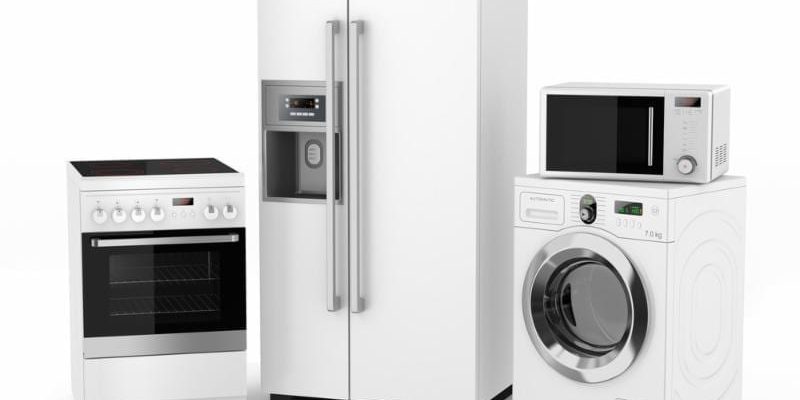December Newsletter from Bearingstar Insurance

Protect your home this winter with these smart tips to prevent damage caused by household appliances
With the holiday season underway, many of us probably haven’t given much thought to the appliance hoses in our home. According to the Insurance Institute for Business & Home Safety, (IBHS) washing machine water leaks are one of the top ten causes of water damage to homes. The IBHS states that more than half of all washing machine losses reported were caused by failure of water supply hoses.
Even a small leak can cause major damage if it goes undetected. As a precaution, you might want to consider checking and/or replacing the appliance hoses in your home. The following tips and information can help you ensure that your home stays safe throughout the busy holiday and winter seasons.
First and foremost: Don’t Run Appliances When You’re Not Home
If a hose bursts and you’re not home to take immediate action, the resulting water damage could cost you thousands of dollar to repair. To prevent this, don’t run the washing machine or dishwasher if you’ll be leaving the house soon; run them only when you’re home. When you go on vacation, turn off the main water supply line (or at least the water connection in your laundry room). You may also want to make sure toilets have stopped running when you leave the house. Here are some common hoses and tubes that should be checked:
Washing Machine
Conduct monthly inspections of the hot and cold water supply lines. Most machines come with rubber hoses that connect to your water supply. These hoses can wear out and could eventually burst. The IBHS says to look for signs of blisters in the hose, worn tubing, stress cracks and loose connections. Replace the supply hose with a reinforced steel-braided hose, as they are less likely to fail. Even if there is no obvious wear, they suggest replacing hoses every five years. If your washing machine is located in an upstairs laundry room, consider adding a drip pan underneath your washing machine. Also, you may want to consider a drip pan if you have hardwood floors.
Dryer
According to the U.S. Consumer Product Safety Commission, you should replace flexible plastic or foil ducting with a rigid or semi-rigid metal duct instead. Whichever type you use, be sure to disconnect and clean the ducting annually. Also, be sure to clean the lint screen/filter before or after each load of clothes.
Dishwasher
Dishwasher leaks can easily go unnoticed, so it’s important to check these connections. Make sure that hoses and lines have no kinks. Periodically remove and clean the filter in the dishwasher, which is designed to stop food pieces from making it into the drain house. Read the manufacturer’s use and care manual that came with your machine for cleaning recommendations.
Refrigerator
If your refrigerator has an ice maker or water dispenser, it also has a hose connecting it to the water supply. Replace the standard plastic hose with a steel-braided line for added security.
Gas Grills
You may not think about gas grills in the winter, but many people use their grills year-round. If you use a gas grill, it’s important to check the hose and fittings between your fuel source and the burners at least once a year. One way to check is to brush everything with some soapy water and turn on the gas (do not light the grill). If you see any bubbles, you have a leak and it’s time to replace your hose and fittings.
If you have questions about your insurance coverage, or need to report a loss or claim, please don’t hesitate to contact us. We are happy to help.
Thank you for Reading!
We hope that this newsletter provides you with helpful information about the insurance industry and how it affects your livelihood. It is our goal to ensure that you stay educated about ever-changing industry trends, remain financially protected, and avoid life-changing losses. Should you have any questions, or wish to suggest a topic for a future edition of this newsletter, please feel free to email us.
